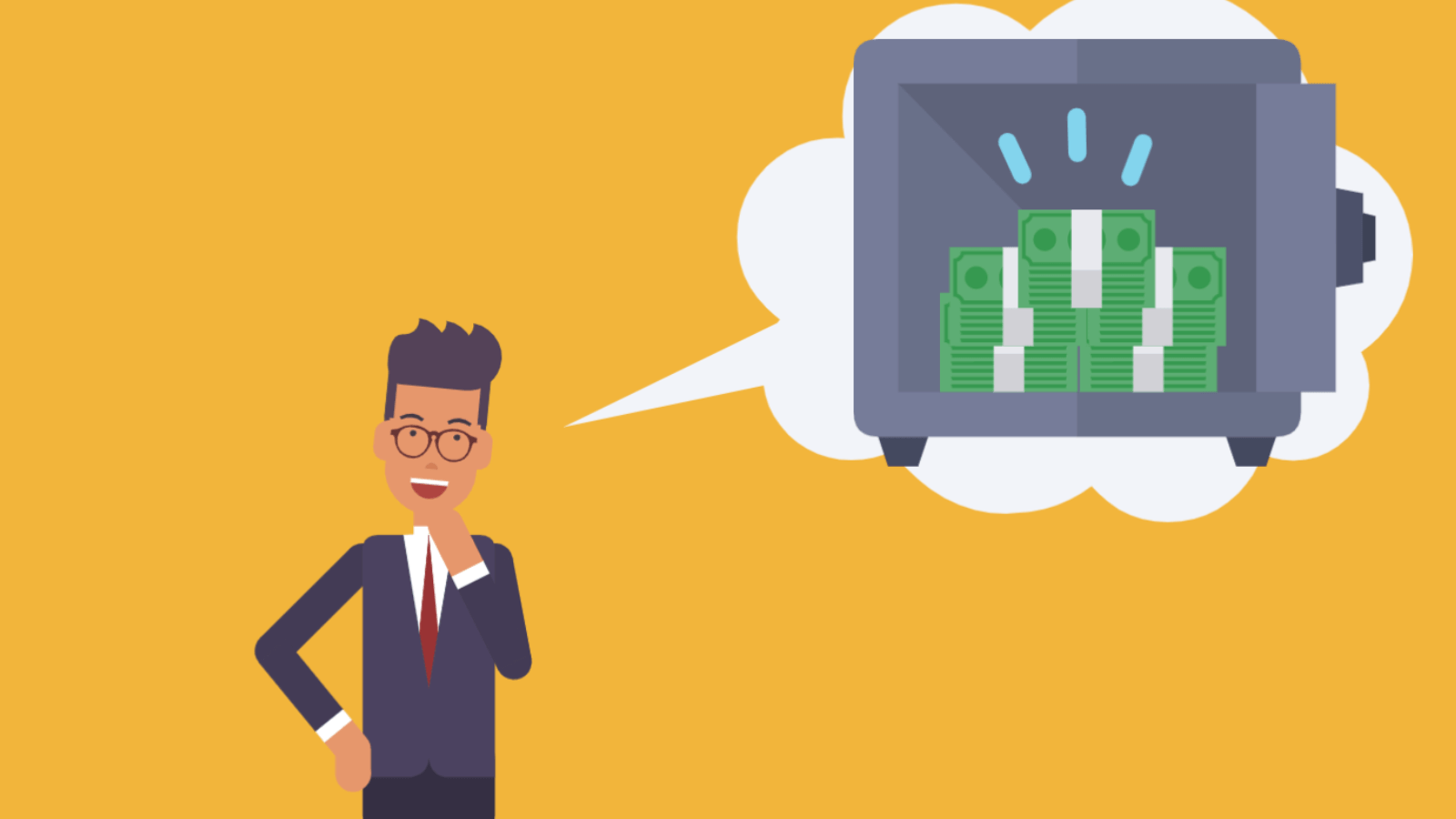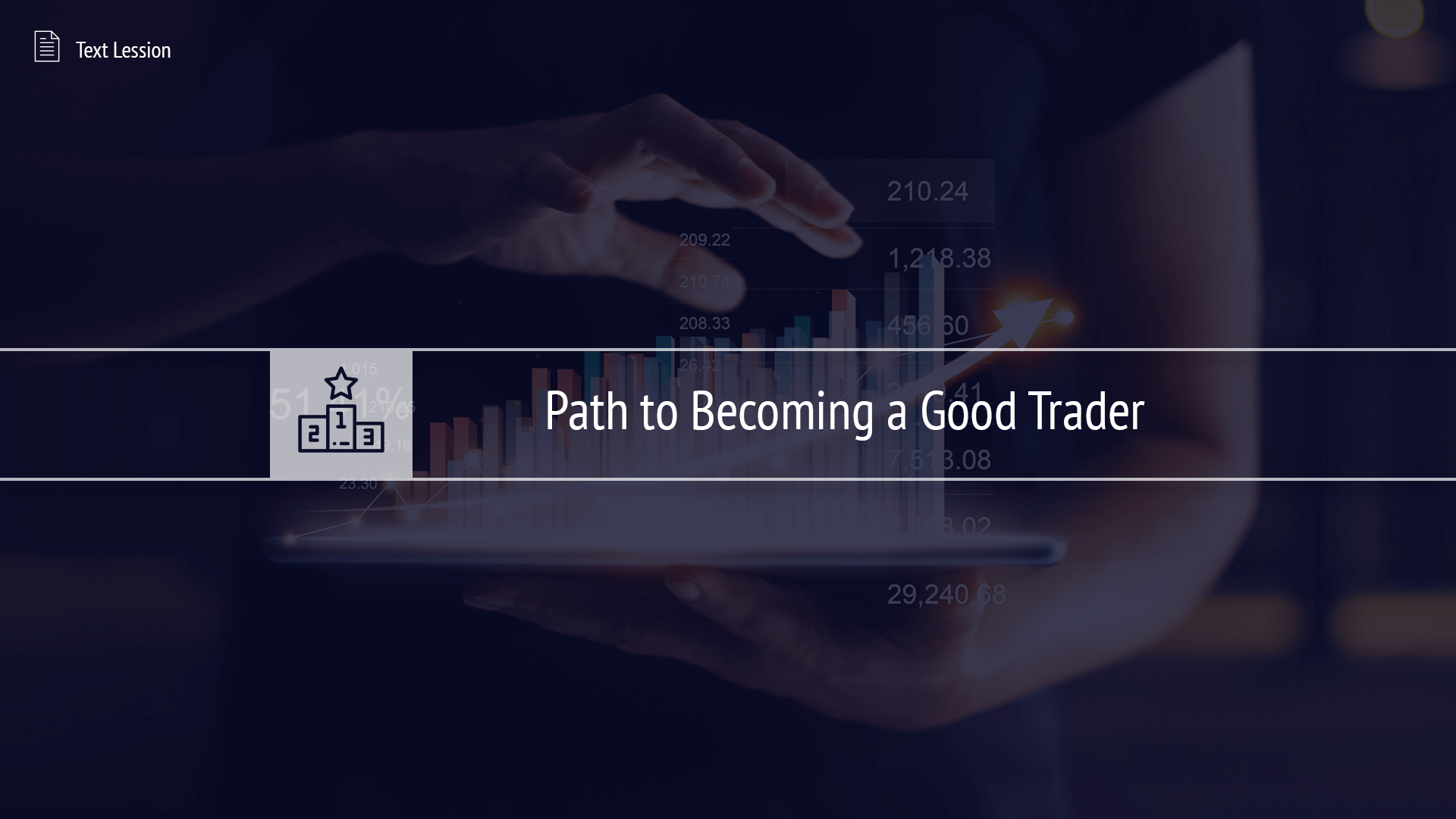Learning to trade is a psychological process
When a novice learns to trade, they go through several stages of developing a mindset.
Most often in trading, the four-stage competence model developed by Gordon Training International is encountered. It was later adapted to include a fifth stage, namely the moment of awakening. The following model explains the stages that a new trader encounters while learning to trade.
Five Stages of Learning to Trade
- Unconscious Incompetence
- Conscious Incompetence
- Awakening Conscious
- Competence Unconscious
- Competence
Unconscious Incompetence

This stage is the first for a trader, during which they do not realize that their knowledge is insufficient. At this time, beginners are taking their first steps, downloading the trading platform, opening an account, and start trading.
However, emotions have the strongest influence on beginners. Such traders are attracted by the thought of making huge profits in a minimal amount of time.
At this stage, one of the two following events happens with traders:
- The trades go against the trader. They lack experience and only watch as losing trades gradually deplete their capital. Sometimes they close trades and open opposing positions, thus trying to get on the leading side of the market, but do not succeed. The trader’s experience does not allow coping with market conditions.
- The trades are going well at the start. The trader is motivated by a false sense of security, they risk large amounts without having basic risk management skills. Then they lose all the profits they made earlier and go into a loss.
At any time, a trader can move on to another stage or stop trading altogether.
Conscious Incompetence

At this stage, the trader realizes that they are not competent enough and need to learn to trade. They think that the more knowledge they acquire, the better they will trade. Beginners try to apply everything they have learned from articles, videos, forums, and books in practice.
New users pay attention to get-rich-quick strategies and expensive experts.
After continued poor results, the trader blames losing trades on bad information, strategies they received during training, or even the broker. They do not take their behavior into account.
This stage can last from a week to several years, depending on the individual.
For beginners, this stage is the most dangerous.
If you want to know whether you are at this stage, you need to ask yourself:
- Am I using a trading journal?
- Do I stick to the system? Do I study past trades?
- Why do I close and open trades?
- What is my responsibility in losing trades?
If the answer to any of the questions is negative or not there, you may be stuck at the above stage.
Awakening

During the awakening, traders realize that successful trading is tied to psychology and the approach to the markets.
At this point, understanding begins to form that you won’t be able to predict what’s happening in the market. You realize that you can make money based on a series of trades that imply winning and losing positions. Also, you begin to understand that discipline is needed in order to adhere to the system (allowing profitable trades to stay open and outweigh the losing ones).
This stage involves the trader’s entry into the market and exit from it when the system requires it. At the same time, the trader does not reason and does not pay attention to the emotions they are experiencing.
Conscious Competence

A trader who has reached this stage no longer tries to pick winning trades, because they have made significant progress. Their feelings do not influence when trades will be opened, as they act according to the system.
At this stage, the trader is still subject to emotions and must make an effort to maintain discipline. But dealing with losing trades is much easier because the trader understands that it is part of the money-making process.
The key element of trading here is risk management. The main goal of the approach is to build an account over time, not to try to get rich quick.
If the trader continues to gain trading experience, they may move on to the final stage.
Unconscious Competence

The trader reaches unconscious competence at the moment of the greatest trading practice. At this point, they can trade almost automatically.
The disciplined approach requires a bit of effort but becomes second nature.
